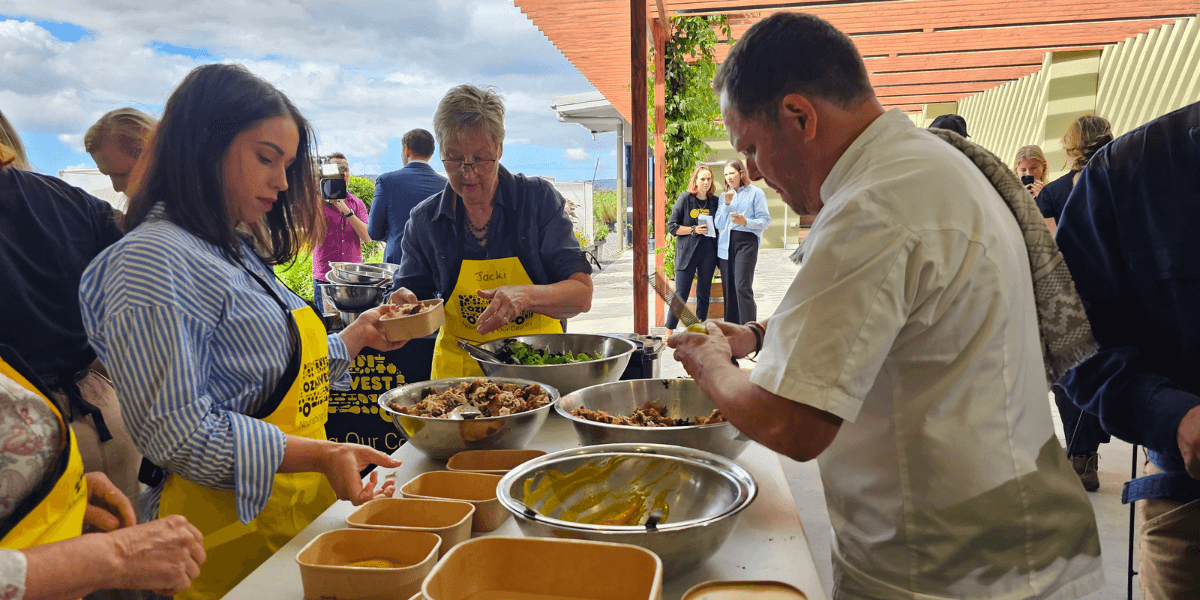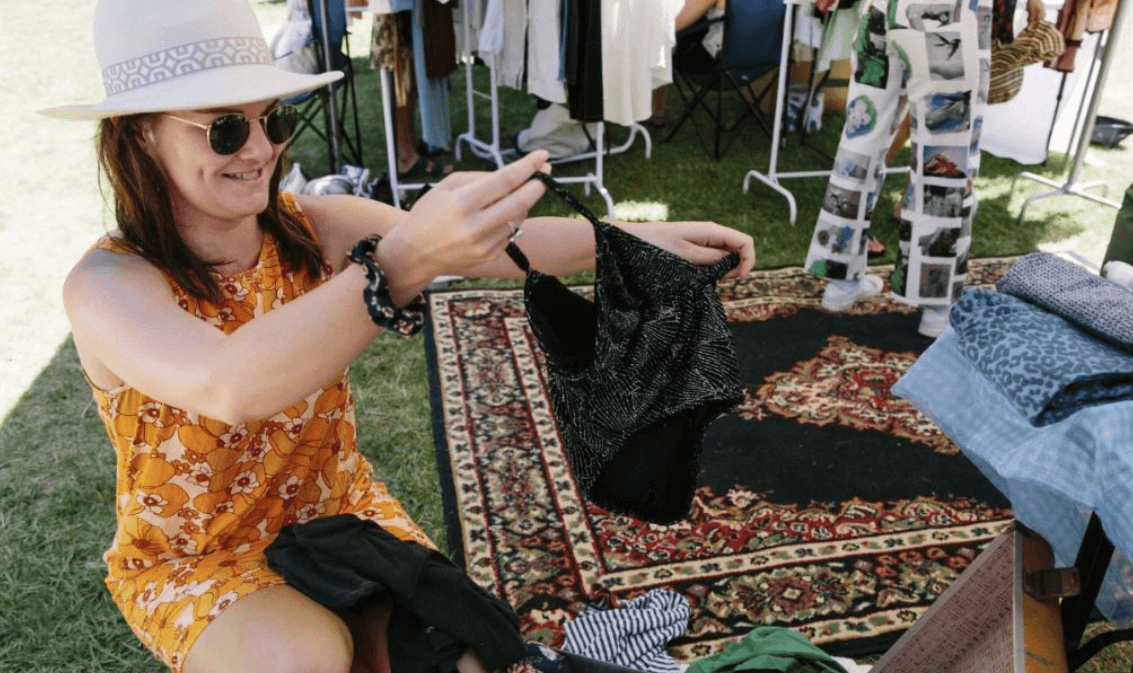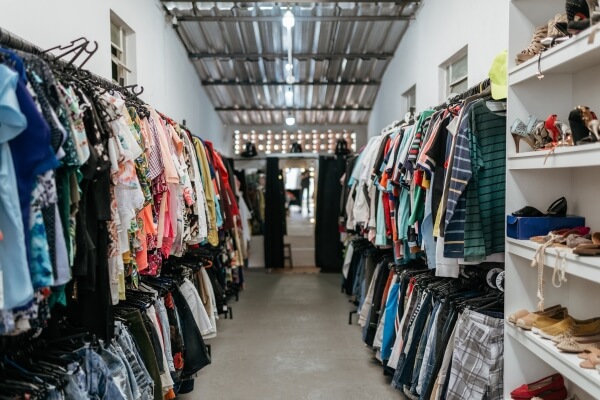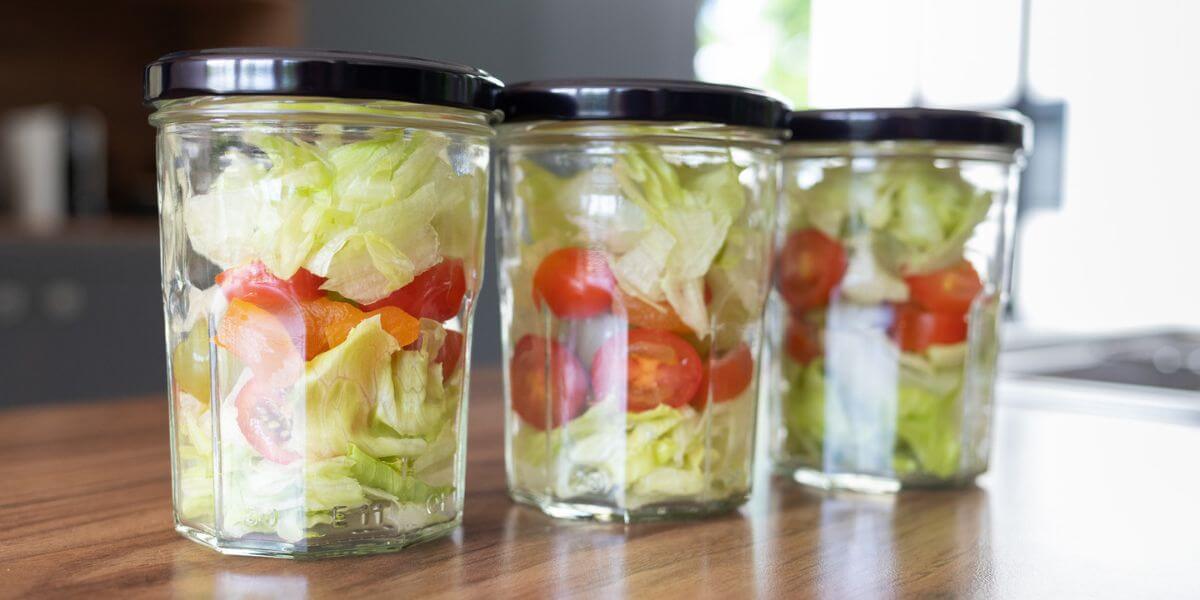SUSTAINABLE TRANSPORT, REDUCE EMISSIONS
Thinking about electric cars? Here’s what you need to know
We’ve gone back through our archives to bring you an article answering some of your questions about electric cars. To get the low-down, we teamed up with Alina Dini, who is an expert in electrification with decades of experience working in the electric cars space and updated it with the latest info. Thanks, Alina, for helping with this article.
48% of the average Brisbane household’s emissions are created from their transport in and around Brisbane. So if you’re thinking about getting an electric car now or in the future, it’s one of the most impactful things you can do as an individual to create a more sustainable future. What’s more, you’d be joining 54% of Australians who are interested in getting one as their next car.
Maybe your current car’s on its last legs, and you know you want your next one to be more planet-friendly. Or, you’re worried about the fluctuation of petrol prices, but know that fuelling your car at home on electricity is more economical as well as more convenient?
No matter where you are in your electric car buying decision process, we’ve got a couple of practical pieces of advice for you to consider to help move you along your journey.
What car should I get?
In Australia there are currently more than 74 different models of electric cars available for sale, up from just 30 models in 2021. So, if you’re looking to buy one vehicle – car, vehicle or ute – there’s a good chance that one of the models available currently will suit your needs.
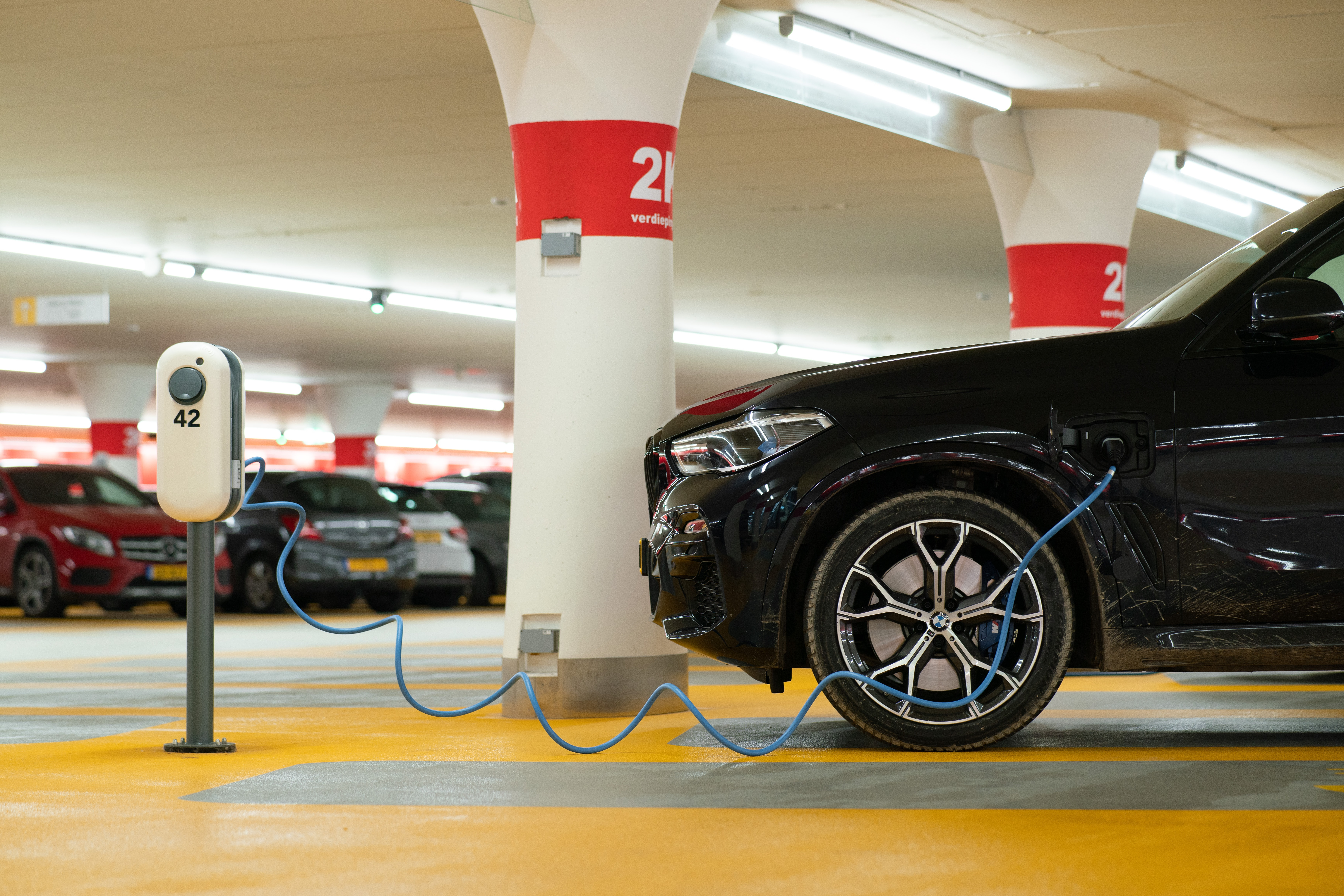
How much do they cost to purchase?
In addition to model type, the price of the car and its range (how far it can go on a single recharge of its battery) are other typical considerations when buying a new electric car. When considering upfront costs, the cheapest model on the market starts from $39,000. And what’s more, in Queensland, many households are eligible for a $6,000 rebate if they purchase an electric vehicle that is cheaper than $68,000.
How much do they cost to run?
What about the total lifetime cost of owning an electric car? While purchase price for electric cars is still typically higher than conventional cars, they are cheaper to run due to lower fuel and maintenance costs. This means that often over the course of car ownership, electric vehicles are often cheaper than combustion-engine fuel cars.
Want to check for yourself? Try calculating the total cost of running a standard combustion engine vs. electric car using this free calculator by the NRMA.
What if I prefer not to own?
Not everyone can or wants to own a brand new car. So if you want to use an electric car, but aren’t a new car buyer – what do you do?
Great news! There are a handful of options for you to investigate. Firstly, a number of providers offer subscriptions of electric cars for use via a weekly fee. Kind of like you might sign up for Netflix or Spotify, you can pay to use an electric car with minimal lock-in times and the ability to swap types of car, to learn about different models.
Carbar is one car subscription service which features electric cars or you can review offerings that pair with charging solutions such as the ones from AGL or Sonnen which are compared and summarised here.
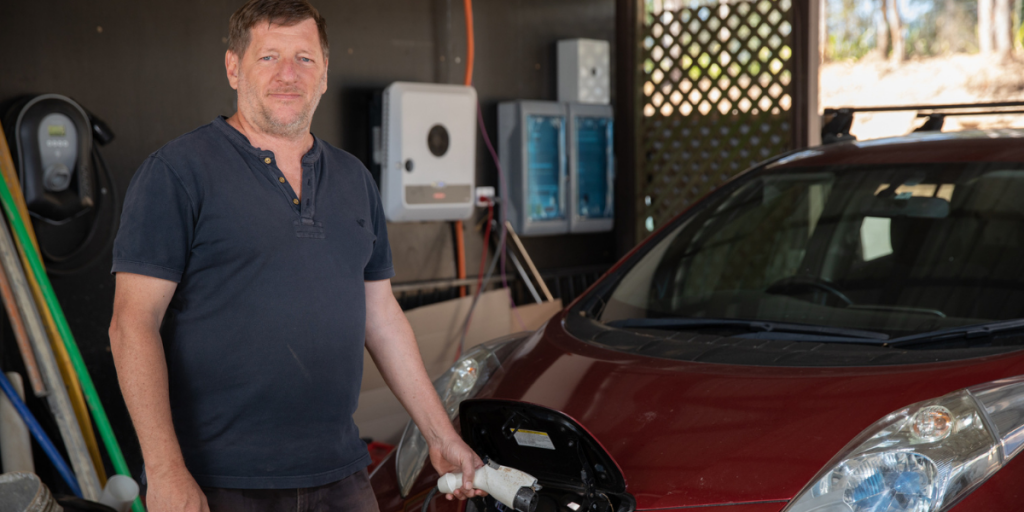
I’m still after more information
The Australian Government have a fantastic resource called the Green Vehicle Guide. Here you can find all sorts of resources and tools to help you make an informed decision about electric vehicles. For example, they have a range of online calculators that can help you estimate things like the emissions of your vehicle in a year and in its full lifecycle or the time and cost of charging an electric vehicle at home.
Want more tips and support to live sustainably and save on bills?
Try signing up for our sustainable living newsletter. Or you can take the Brisbane Carbon Challenge to estimate your household carbon emissions, compare yourself with the Brisbane average and learn ways to reduce your emissions and save on bills.
The author

Sam Mullen
Sam is a sustainability specialist at Brisbane Sustainability Agency and enjoys helping residents and community groups understand and reduce their climate impact while also promoting a circular economy.

